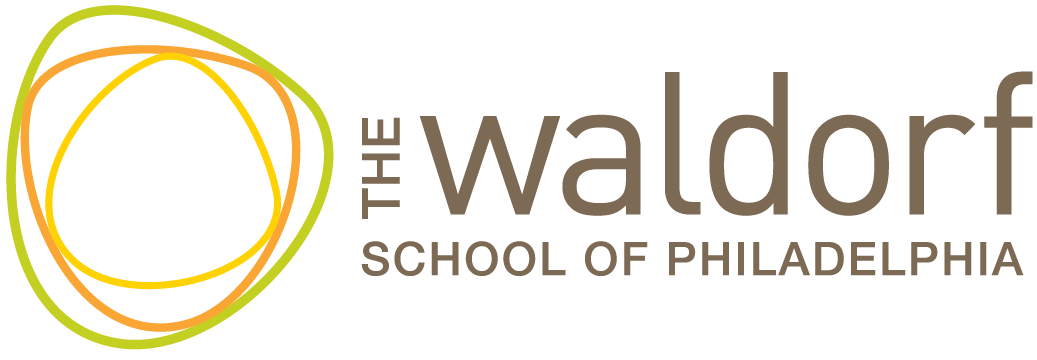
Preparing for the First Day of School
Your child will adjust with enthusiasm to their new environment and their classmates – and will do so more quickly if you maintain a confident and relaxed attitude.

Let Children Experience Boredom
Waldorf education takes an active approach to supporting children’s imaginations, and a large part of that approach is allowing children unstructured playtime. The free mind, unbound by prescriptive activity, can envision, create, and dream. These are crucial real-life skills, with important benefits that pay off for an entire lifetime when solving problems, approaching divergent thinking, and even managing boredom.

Dramatic Arts and the Waldorf Curriculum
Why are the dramatic arts such an important component of the Waldorf curriculum? Through alternating sympathetic identification with the other and antipathetic interest in themselves, students educated through the dramatic arts gain the tools they need to shape and refine their judgment. By the time they become young adults, they are able to stride confidently onto the world stage and play the part they have come to play.
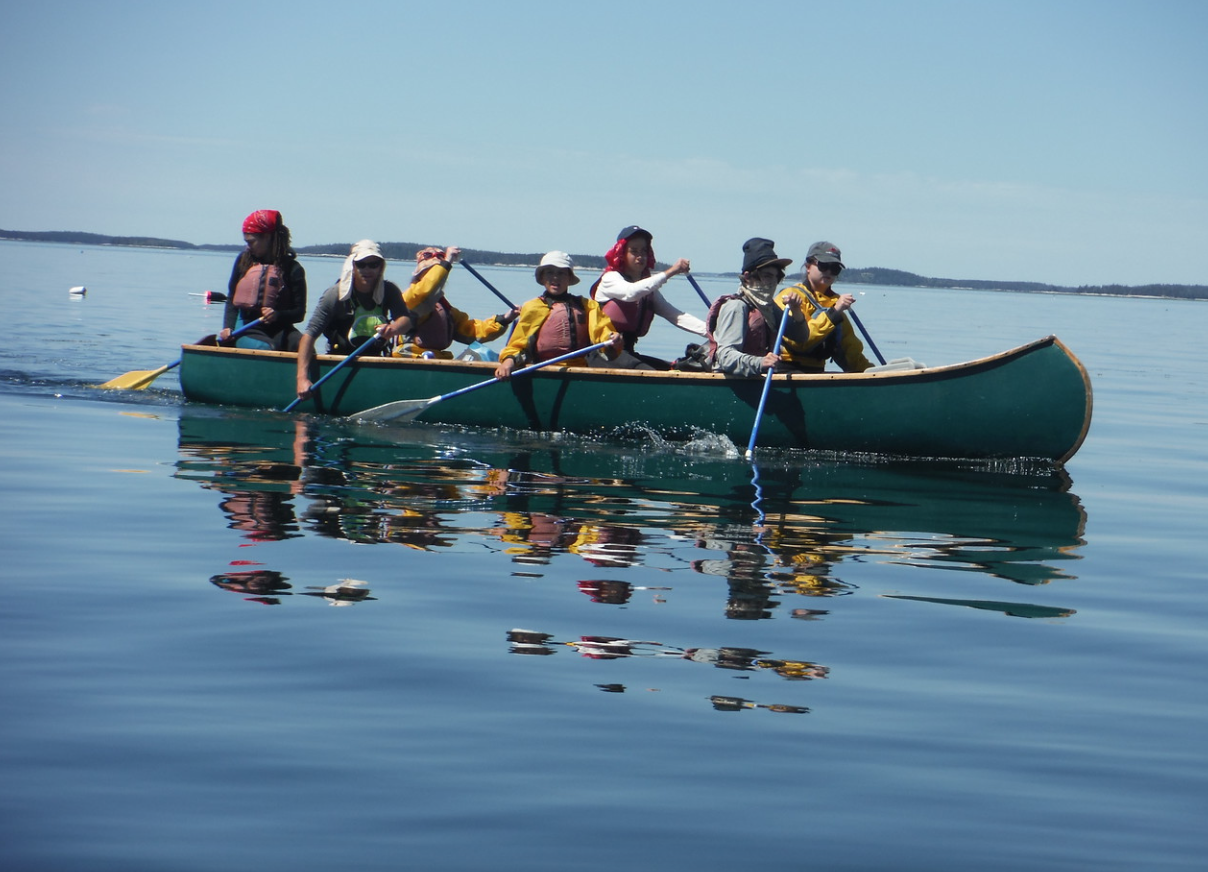
The Eighth Grade Trip
The power of the Waldorf Eighth Grade trip to build confidence and character is unprecedented and serves the children for a lifetime.

Finding Our Way: Reflecting on the Legacy of Bayard Rustin
This is a call to action for creativity and “sticktoitiveness.” If we are willing, we can lean into finding ways to engage: changing our ways, finding our way again, and finding new ways still.

How Ice Skating Can Improve Learning
Integrating the mind and the body to advance learning is not that new. But here's how The Waldorf School of Philadelphia helps learning through a fun winter-time activity - ice skating.

One Teacher, Eight Years: Deepening Connection & Learning
Multi-year teaching in a Waldorf grade school allows teachers to take the time to make deep connections with students, all within a school culture that respects, supports and empowers teachers. Learn why Waldorf schools adopt a multi-year teaching approach in the grade school.

In Waldorf Education, STEM is STEAM
In Waldorf education, STEM becomes STEAM to bring relevancy and realism to our growing world of bits, dynamic loads and relativity. Learn more about how our diverse curriculum prepares students to think critically and creativity in a future run by science, algorithm, and advanced mathematics.

LGBTQ+ Family Supports at The Waldorf School of Philadelphia
School is challenging for every family, but it can be more complicated for LGBTQ+ families, who often face unique stressors when navigating the educational system. The Waldorf School of Philadelphia is taking active steps to make each aspect of our school experience receptive and sensitive to the needs of LGBTQ+ families.

Waldorf Education, A Gift at Any Age
The gift of Waldorf Education is joyfully received at any age. Parents seeking an alternative to conventional education, where their children are stressed out and over scheduled, are drawn to the interdisciplinary curriculum Waldorf Education offers.

How to Transfer to a Waldorf School
A common misconception about Waldorf schools is that it’s impossible to transition into a Waldorf school in elementary school. Read all you need to know about transferring to a Waldorf School.

5 Reasons to Join the Alumni Association
Are you an alum or parent of a Waldorf graduate? If so, The Waldorf School of Philadelphia wants to hear from you! There has never been a better time to get re-engaged with our welcoming community!

Supporting The Nine Year Old Child at School and at Home
Nine-year-olds are watching teachers and other authority figures and are seeking to answer questions like: “How do people walk in the world? How do I make decisions? What is important?” Waldorf education’s curriculum in third and fourth grade has been designed specifically to help support children at this age so that they can create the answers needed to be confident and critical thinking grade school students and set a solid foundation for social-emotional growth and academic learning.

Helping Young Children Learn Through Play
How do parents provide Pre-K and Kindergarten students with rich, open-ended play and work opportunities at home? Here are a few, very simple things parents can do to keep their young children learning at home.
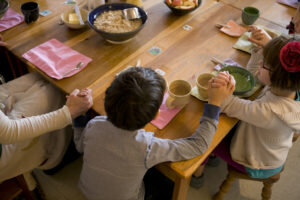
Creating a World of Wonder: The Gift of Developing Imagination
In Waldorf education, early childhood teachers give children a great gift -- the time and space to live fully into their imaginations. Fostering children’s imagination and awe allows them to master their will and develop empathy.

Unique Teaching Styles Lead the Way for Future Academic Success
Your child isn’t typical. So why settle for an education that is? Discover an innovative curriculum that inspires & excites. Discover the Waldorf School of Philadelphia.

Why Waldorf Students Knit
A child who is knitting a hat or a toy kitten sees their will transformed into art. They see their focused, detailed work turn into something beautiful and purpose filled. They experience how the conceptual becomes concrete. But knitting also teaches more than abstract concept mastery. It also teaches simple and complex mathematics; hand, eye and brain coordination; sensory integration; and resiliency of habit... all while promoting peace of mind.

The True Purpose of Preschool
What is the true purpose education? What is the purpose of greater learning and does this purpose shift by grade or from childhood to adulthood? According to Waldorf Early Childhood expert educator, Kasea Myers, the answer to all these questions - the purpose of education and learning across the board - is to open a person up to all of life’s wonders. We live to learn and learning to learn is the purpose of education.
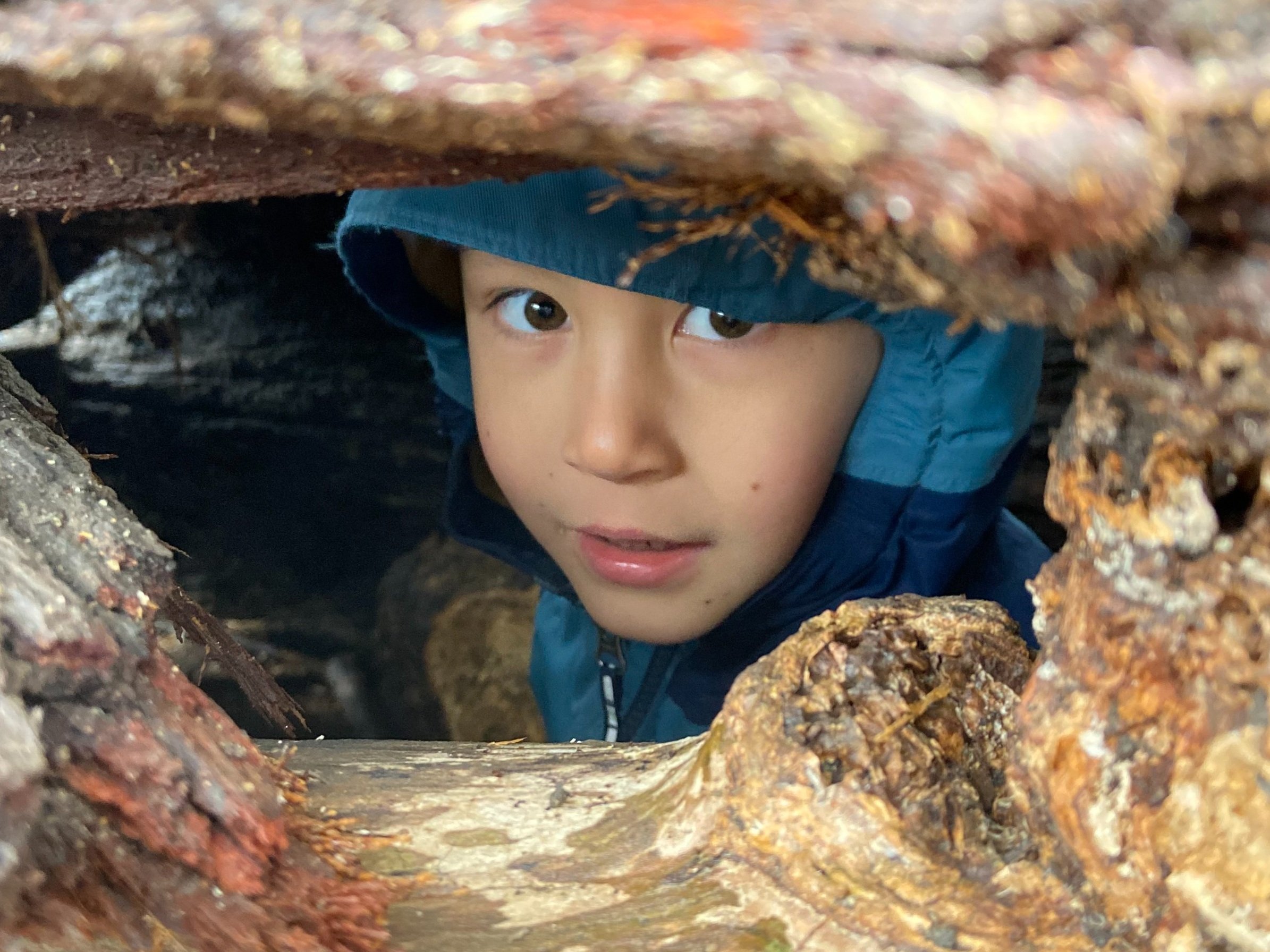
Building Forts and Minds: The Importance of Child Built Space
Educational and environmental psychologists have taken a keen interest in fort building. It’s a constant presence in early and middle childhood, the creation of secret places, often in plain site, and the experts agree that den, fort or secret space creation offers a host of cognitive and psychological benefits for the developing child.
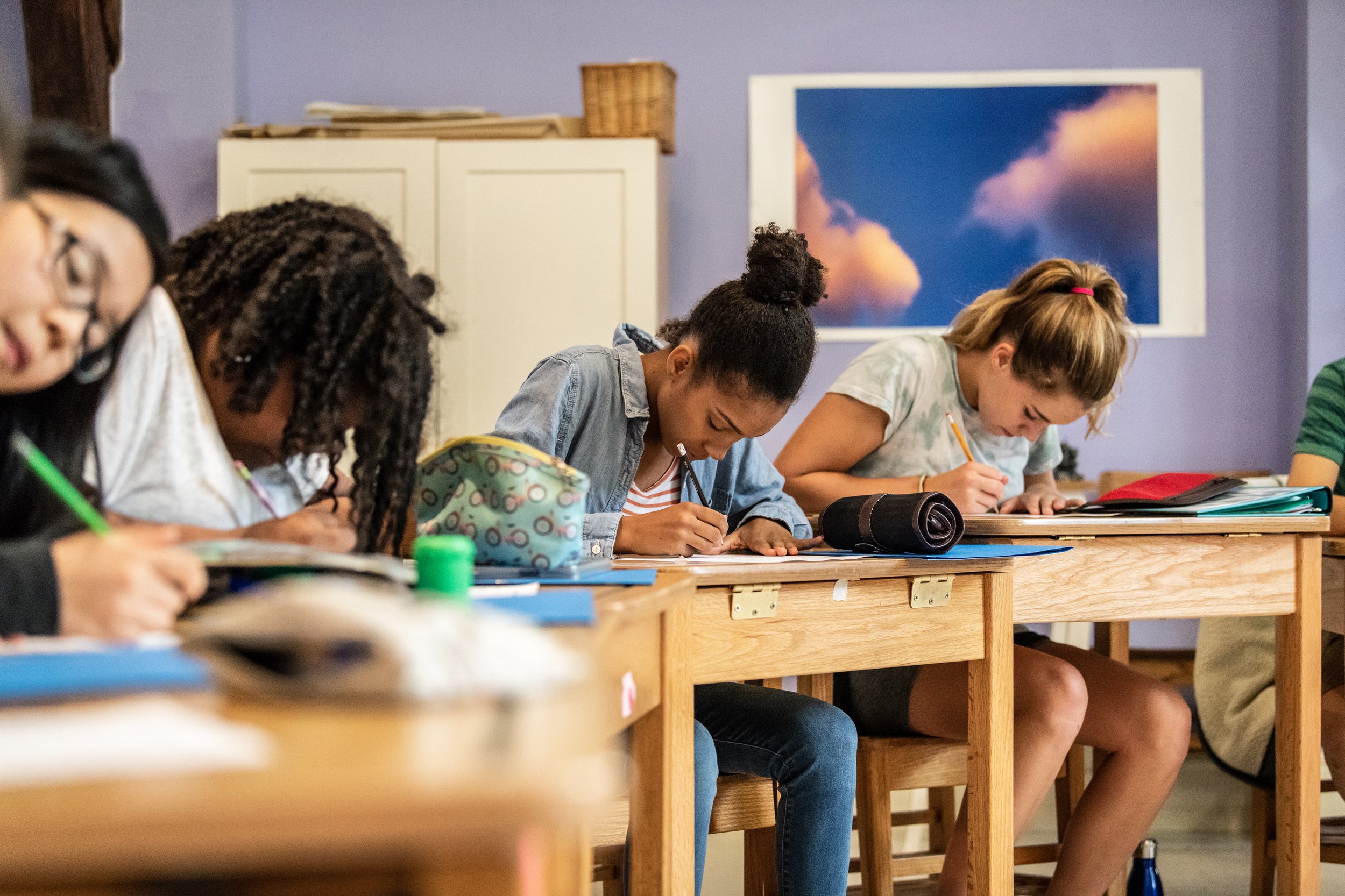
Where Are The Computers? Building Healthy Student Relationships to Tech
Waldorf schools are not anti-technology and even tech executives in Silicon Valley see the wisdom of the Waldorf low-tech approach for younger students. Waldorf Education prepares students to meet the world head on. Read how, and why.
